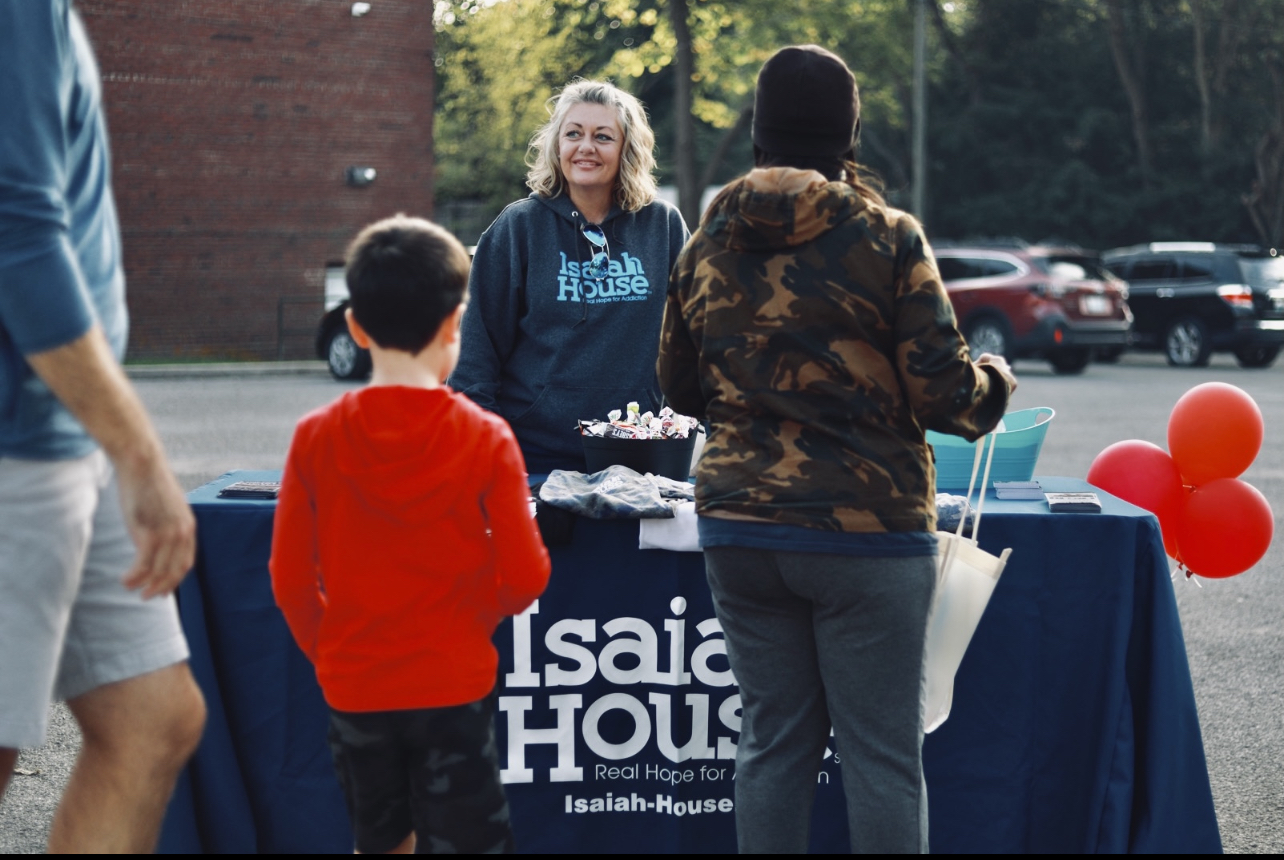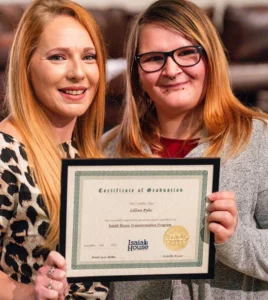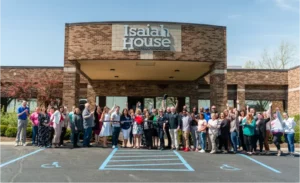We are always searching for connection and belonging in the world around us. It is a natural desire to be part of something larger than ourselves; to be included and around others who understand and support us.
While active addiction might strip us of these meaningful connections, finding community is critical when it comes to addiction treatment and there are numerous ways to identify and build community during your recovery.
Building sober relationships
Navigating any major life-altering situation on our own is almost unimaginable. This remains true when it comes to recovering from alcohol or substance use disorder.
Receiving support and guidance from other people in recovery who have first-hand knowledge of what active addiction and early recovery is like will help keep you on solid ground and reinforce the understanding that you are not in this alone.
Knowing you have this support system of peers will help keep you from isolating, which can often lead a person with alcohol or substance use to relapse. Community offers a sort of lifeline for staying sober, as well as an opportunity to grow in your recovery by sharing experiences with others who understand addiction.
Getting sober often means making major changes to your lifestyle, including the places you visit and the people you spend your time with. As you break away from these unhealthy relationships, you will have the opportunity to build new relationships with other people in recovery.
For many in recovery, sober socializing certainly presents a challenge. Many have spent years in active addiction – especially in their youth – and may not know how to interact with others when not using drugs or alcohol. By finding companionship in others who are sober and who understand your vulnerability during this time, you will find those interactions and relationships more meaningful and supportive of your recovery needs.
Sober companionship can be found by attending group therapies or meetings for those in recovery, support groups for individuals and families impacted by addiction as well as through your addiction recovery service, whether you are in residential or outpatient addiction treatment.
Many people in recovery are eager to reach out and help others as they experience addiction treatment and sobriety. Because of this, there are many platforms through which people in recovery can connect, whether it is through social media groups, podcasts, and informative media, recovery advocate organizations, or clubs, organizations, and volunteer groups designed for people in recovery.
Serving others and living beyond yourself
While establishing positive relationships and finding sober support is important in addiction treatment and recovery, so too is giving back to the community and finding ways to help and serve others.
If you follow organizations such as Isaiah House Treatment Center, you will notice people in recovery tend to stay busy, oftentimes taking part in productive and positive activities. This may include providing outreach at a shelter or rehab program, hosting a community drug awareness event for families or just providing support to a peer in need.
Managing your downtime is important to your recovery. Remember, when we isolate, we risk sinking back into negative behaviors and relapsing. There are many ways to serve while in recovery, whether you are in residential treatment, transitional living, or living on your own. At treatment centers such as those for Isaiah House, clients are expected to pitch in to care for their living space, themselves, and one another. Outside of residential centers, there are opportunities to help with recovery activities and outreach.
Your service isn’t limited to recovery-related initiatives, though. Consider volunteering your time with another local organization or group in need. Box meals for a community food program, sign up to clean a local roadway, organize a toy drive for the children’s hospital or offer to help fix up the community park. If you have time to take on larger projects, consider helping in other communities, such as parts of Western Kentucky devastated by the December 2021 tornadoes. There will always be opportunities to give and serve wherever you are.
Volunteering or taking part in other activities that help someone will allow you as a person in recovery to connect with others in a way that is not possible during active addiction. Addiction is by nature a self-serving disease in which we are focused on addressing our own needs and wants. So, do the opposite! Selfless acts like volunteering will help you live outside of yourself, positively fill your time, keep you engaged with others, develop empathy, confront difficult situations and keep you motivated in your recovery.
When you can work past your own needs and wants and see those of others and actively address them, you have come a long way from your active addiction. And yes, while volunteering is selfless, doing good things for others will also help you feel good about yourself and find your purpose in the community you have established.
Find your community today
From finding support for yourself to helping someone else, Isaiah House Treatment Center offers the community support and opportunity you are looking for. Isaiah House, a faith-based addiction recovery treatment facility in Kentucky, not only provides the resources for you to break away from your addiction once and for all, but our dedicated staff is here to help you along every step of your recovery.
Our peer support classes, counseling services, and daily fellowship will help you connect with others and find support as you adjust to sobriety. Our transitional living program will help you maintain sobriety and adjust to life during and after treatment, and you will have access to support meetings, employment, volunteer opportunities, and other activities to keep you involved.
Through Isaiah House, recovery is not something you will face alone. We are here to help guide you and support you. As you progress in your recovery, you may soon be able to do the same for someone else!
Looking for ways to give back and support people in recovery? Check out our volunteer opportunities!




